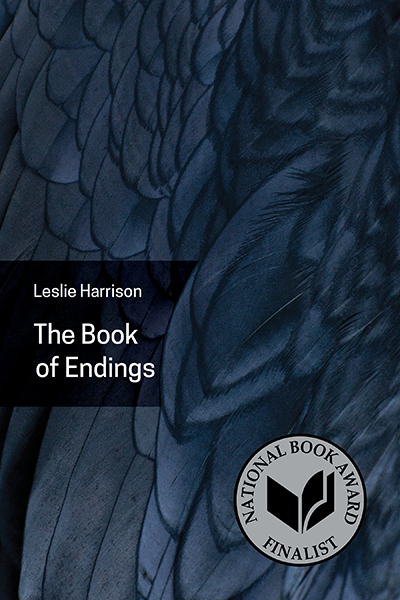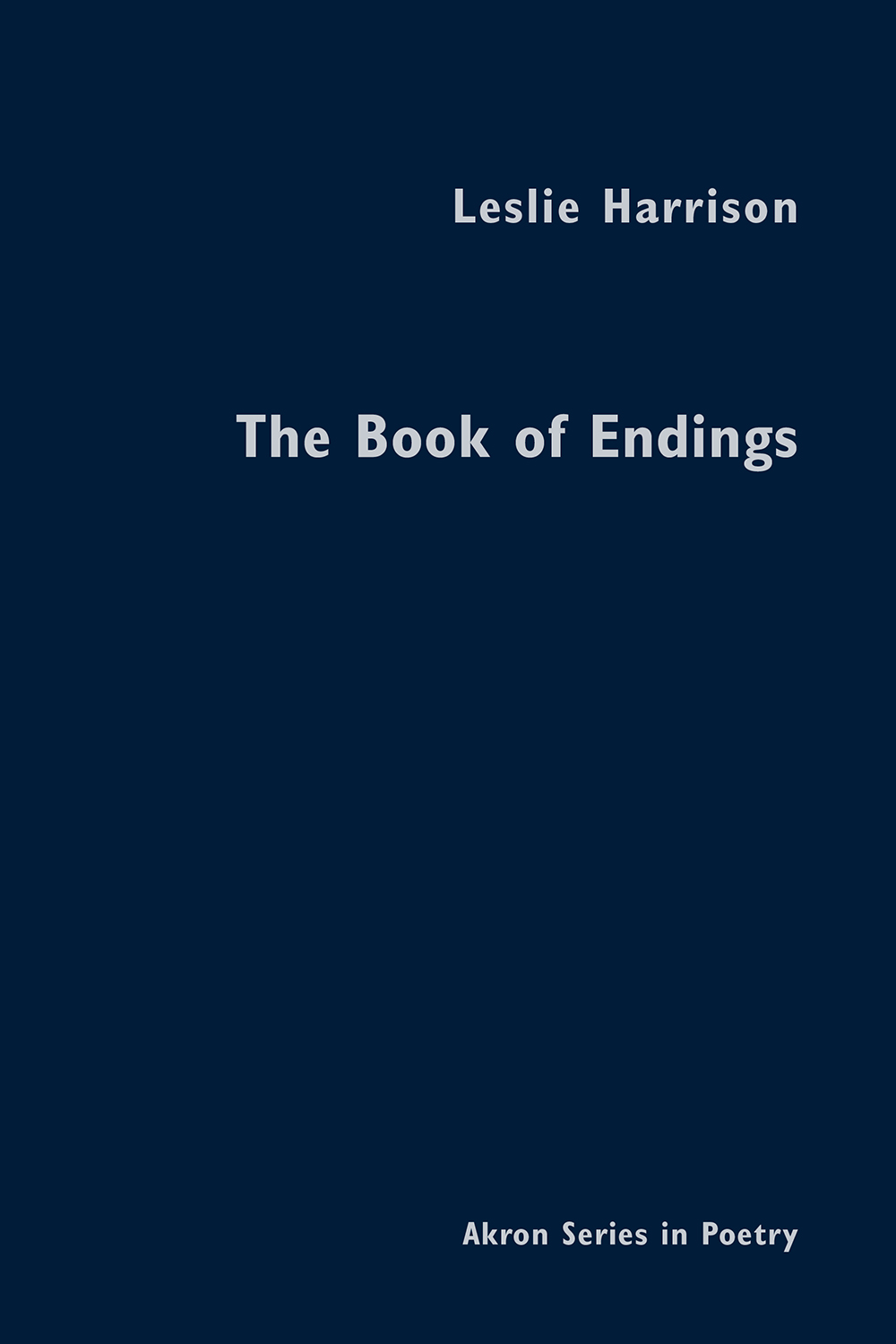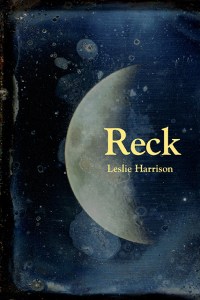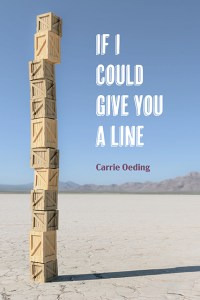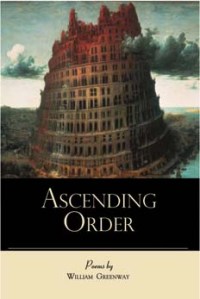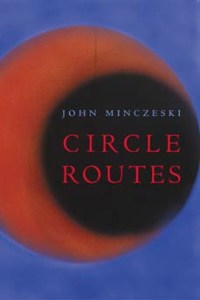Description
The poems in The Book of Endings try to make sense of, or at least come to some kind of reckoning with absence—the death of the author’s mother, the absence of the beloved, the absence of an accountable god, cicadas, the dead stars arriving, the dead moon aglow in the night sky.
It’s often snowing in these inconsolable poems of beautiful refusal . . . refusal to accept death, refusal to be silent in the face of ever-accumulating loss. Almost always, the poems unfurl using a line that feels continuous, like a sustained exhalation, making each poem an emotional river. While the poems have delicacy of image, they are relentless in their momentum. The gradual erosion and dispersal of our physical selves, our decomposition into the elements, these perpetual disappearances mortality insists on, are sung of here, along with the fact that spiritually and scientifically, all this leave-taking is also a form of fecundity. These are incantatory and hypnotic poems.
—Amy Gerstler
In the alchemy of these darkly fluid poems, grief and solace meet. There is also the clash between isolation and the profound solitude encountered in the natural world. The result is an ongoing prayer for consolation, even if such prayer flies into the heavens without answer. Yet these predicaments leave us this absorbing book, an island in the sea of the human spirit, and a claim for the transcendent value of art.
—Maurice Manning
The poems in Leslie Harrison’s The Book of Endings test for themselves Wallace Stevens’ assertion, “There is no wing like meaning.” Each poem takes up the challenge “to attempt meaning” in a world marked by loss, “to unfold the dead hawk’s wing and ask it about flight.” The reader first feels the musical delicacy of these lines—and then their ferocity. Part prayer, part protest, these poems both wish for and—necessarily—resist the desire to mend the world.
—Jennifer Clarvoe
